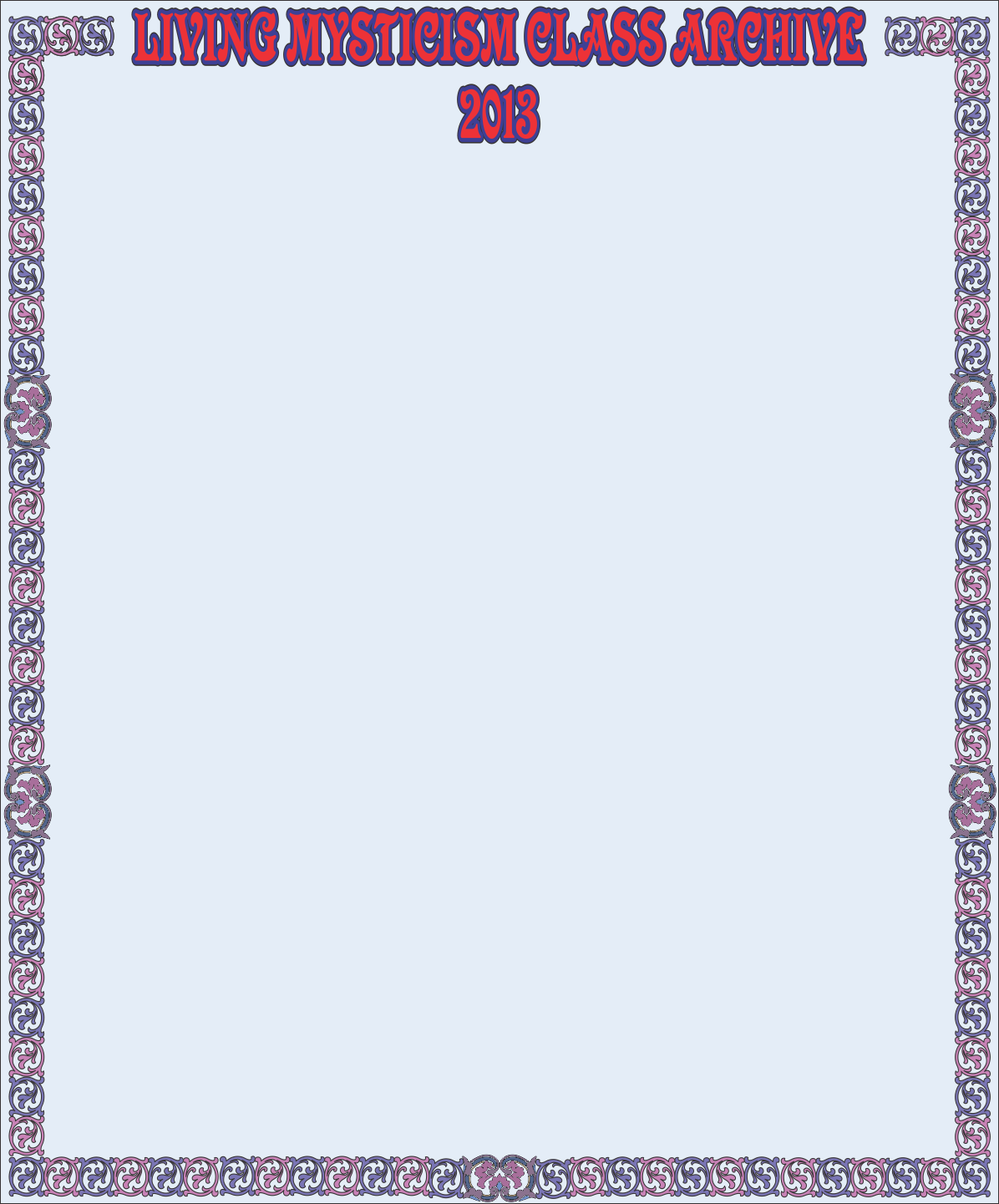

I was initially going to call this "High Priestess Versus Empress" but felt that some more focused translation of Tarot-ese might be a better place to start. For example: do you always follow your Inner Knowing? Does Nurture, especially Nurture of others often, if not mostly or always, take precedence? How easy is it to follow your Knowing in the face of others and their beliefs, needs, demands etc, or more particularly your perception of their beliefs, needs, demands etc? How much might you sacrifice your Knowing to the seeming needs of others?
As many of you know, Charque and I like the Peanuts Cartoon where Lucy tells Charlie Brown that she is "intrigued" by his view of the purpose of life, namely that "you say we're put here on earth to make others happy". He answers "that's right!" There is a pause while both of them contemplate this idea. Then Lucy confronts him with "what are the others put here for?" Interesting question! What are the others put here for? Obviously not to save, because that would imply that, for whatever faulty reasoning in their make up, they cannot save themselves. As Charque likes to emphasise, we are, according to Genesis, all "created in the image of God." And as they say colloquially "God don't make no junk!" although, for one reason or another, we may not all be quite clear about that. On the other hand, even if we're not put here to save each other, it becomes very obvious that we cannot get along without each other. Nothing, including growth, occurs in a void.
In the language of Tarot there are two primary, feminine archetypes. The High Priestess is all about inner knowing, intuition, guidance, wisdom. The Empress is all about birthing and nurturing. A lot of that birthing is associated with mothering and offspring. But it is far more than that. It is about birthing your inner creative energy, birthing experiences and opportunities, and ultimately about birthing that inner part that is "created in the image of God" i.e. your Christ Self, Buddha Self, Higher Self, True Self, whatever you want to call it. The Empress makes all of that possible.
Where the Empress gets waylaid or confused is in the mothering, nurturing aspect of her energy and taking that to extremes that involve elements of self-denial and self-sacrifice in relation to others. It is worth noting here that Jesus's commandment is "to love your neighbour AS YOURSELF". The High Priestess, who is more connected to Source, needs to balance and correct the excesses of over-nurture and self-denial with inner knowing and inner guidance. Also, she needs to follow intuition, and to some extent more feeling, over logic and conditioning. She needs to spend more energy on focusing on the inside and less energy on doing on the outside. Then the two can work together nicely as a balance. But if one of them gets out of hand, you have too much outer giving and serving around the Empress, or too much ungrounded spiritual energy with the High Priestess. The High Priestess needs the Empress's physical expression; the Empress needs the High Priestess's spiritual knowledge.